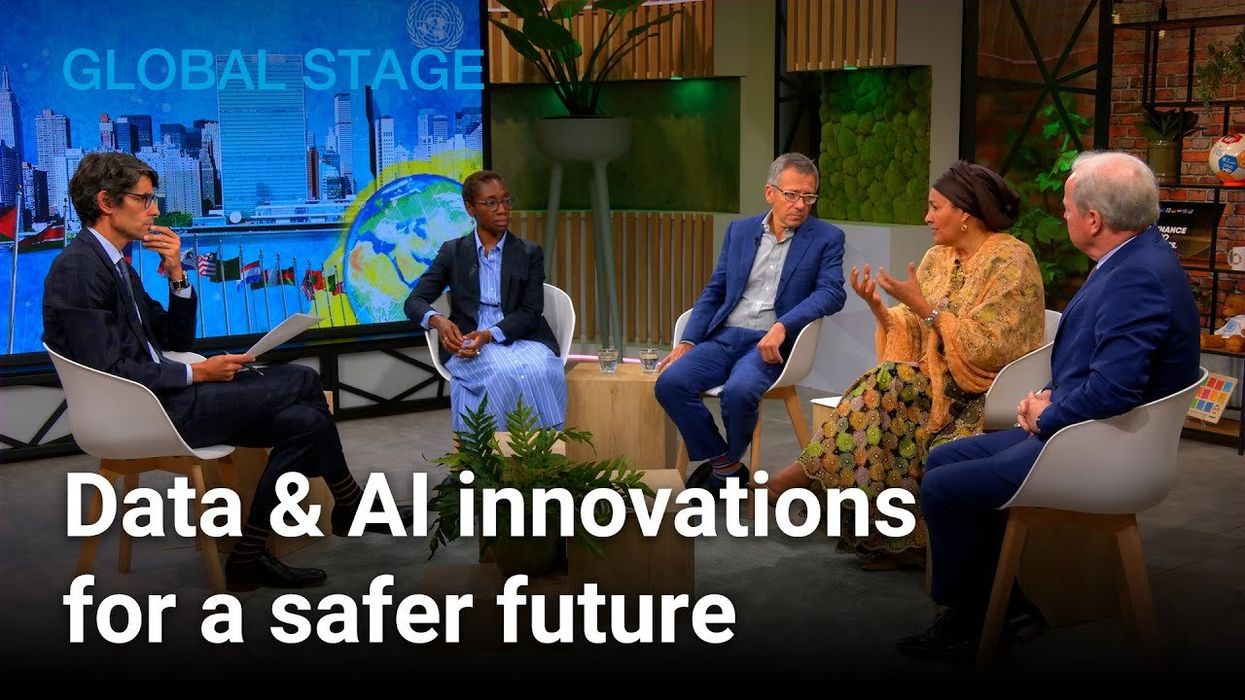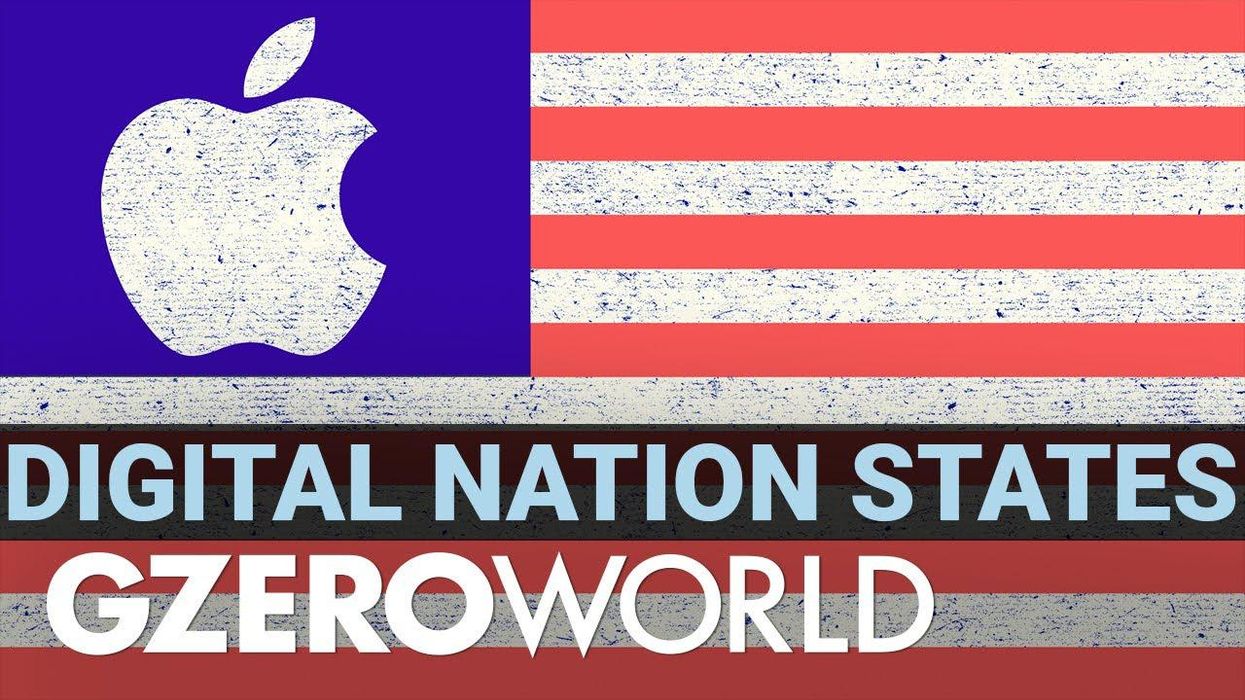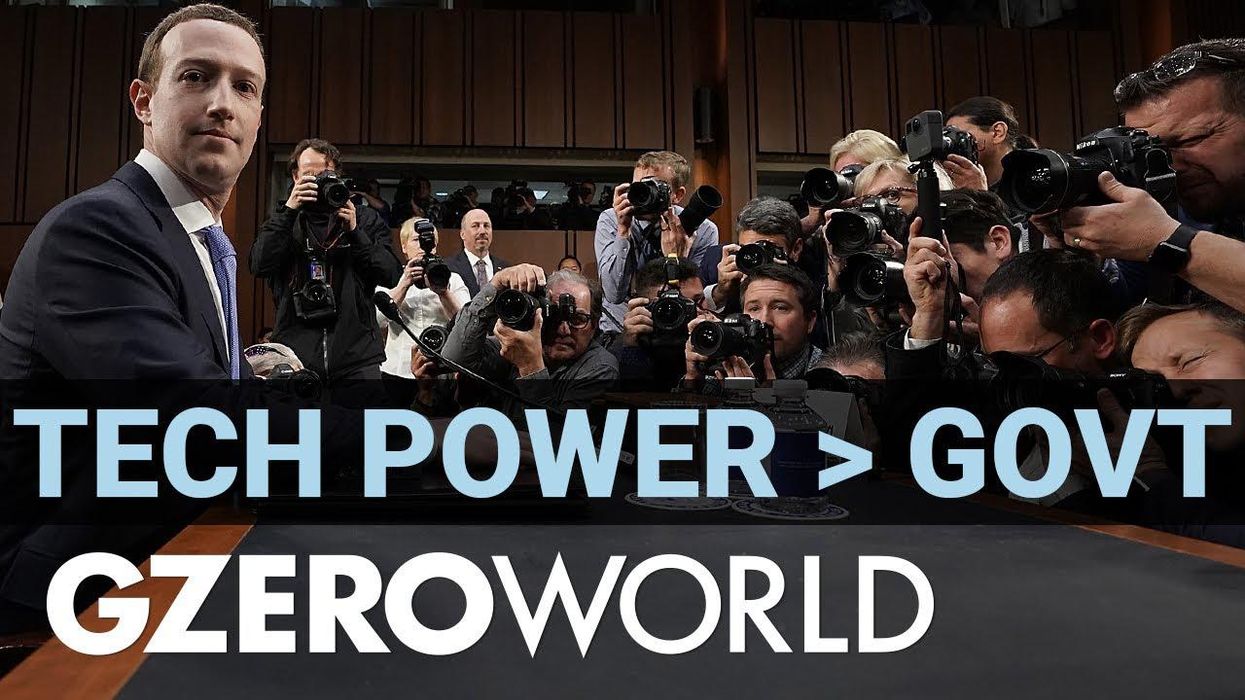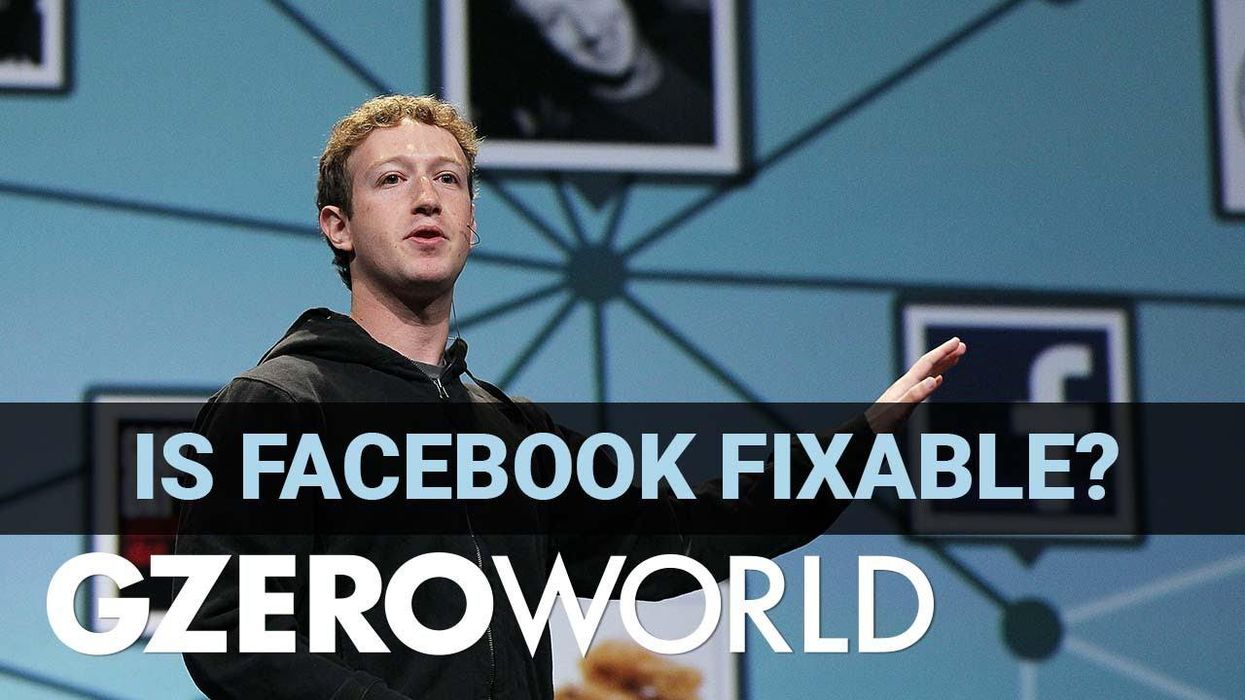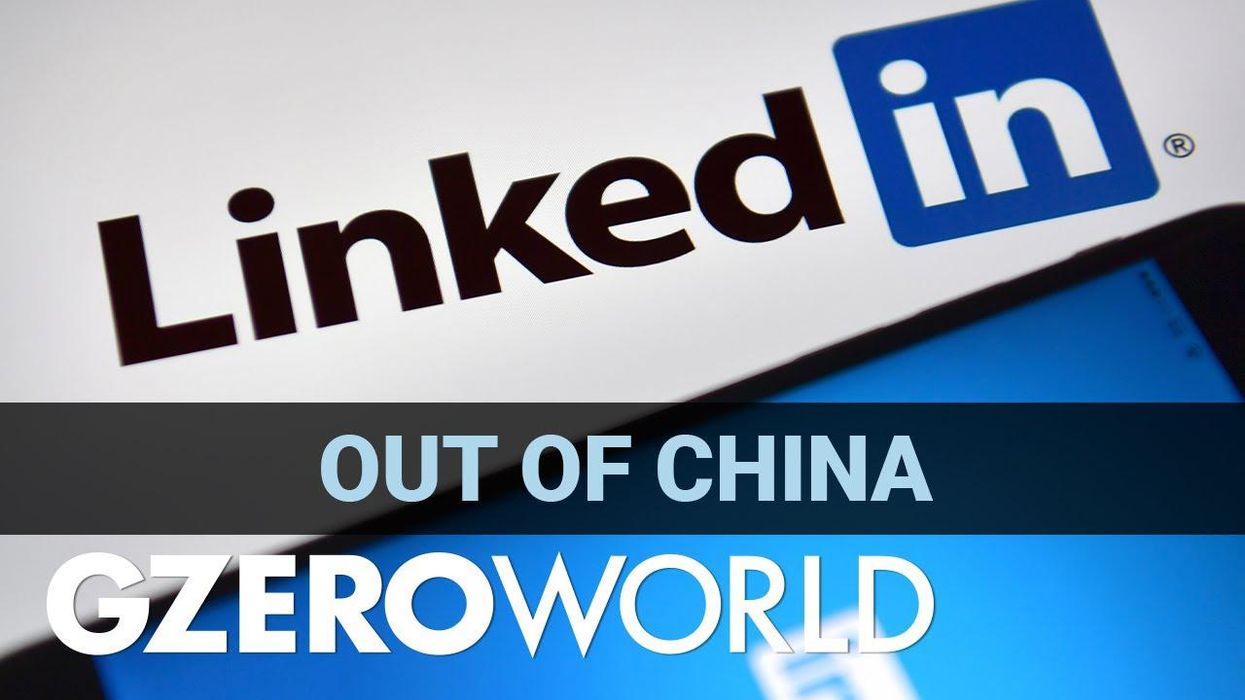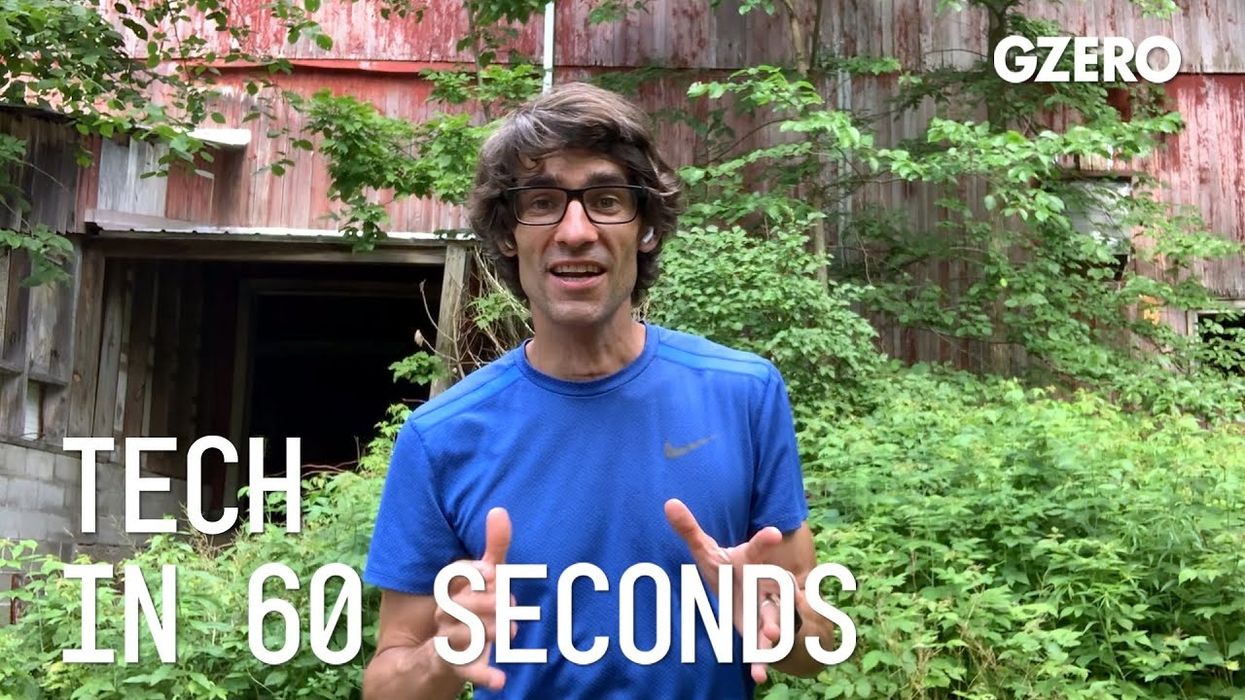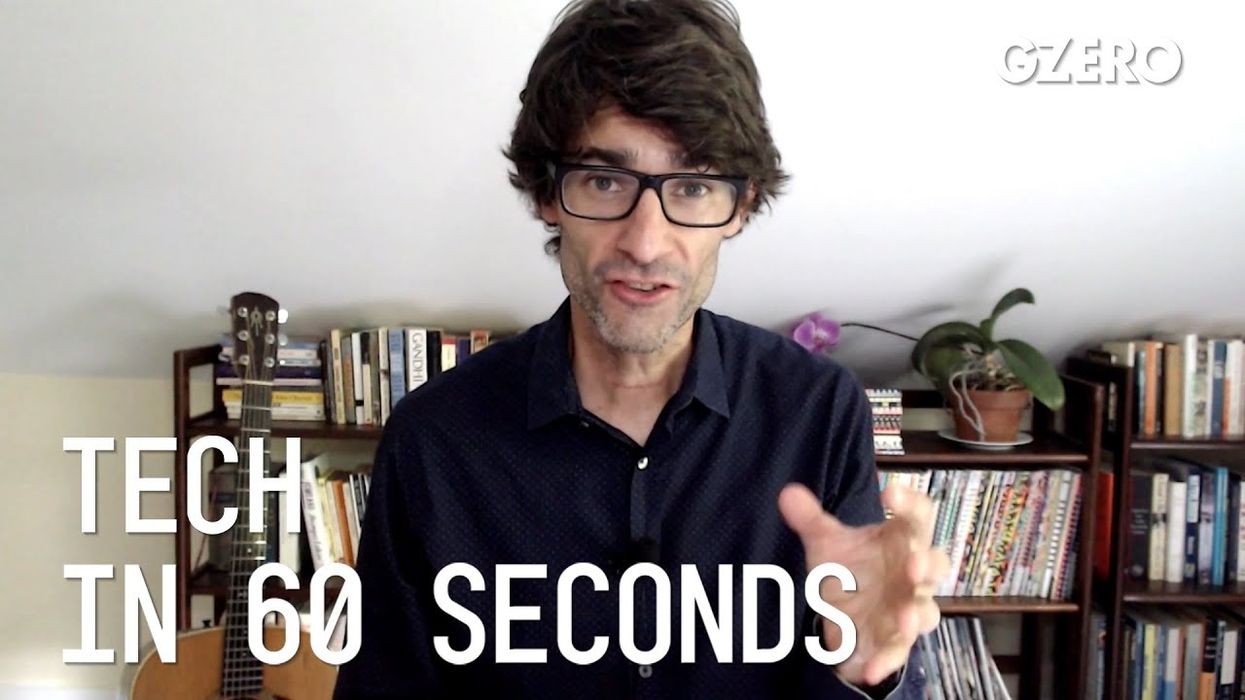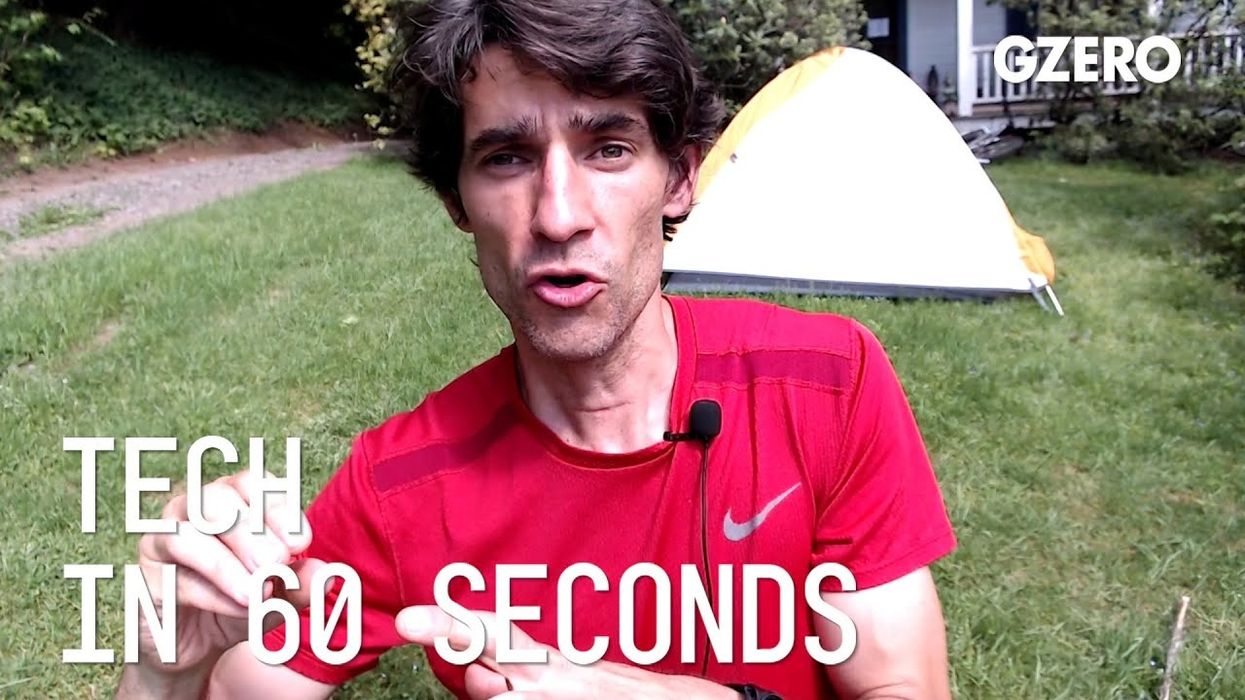Digital Governance
Can data and AI save lives and make the world safer?
There’s been much focus on the perils and threats posed by these scientific developments, but how can they be proactively harnessed to mitigate climate challenges and create a more resilient world?
Sep 21, 2023
